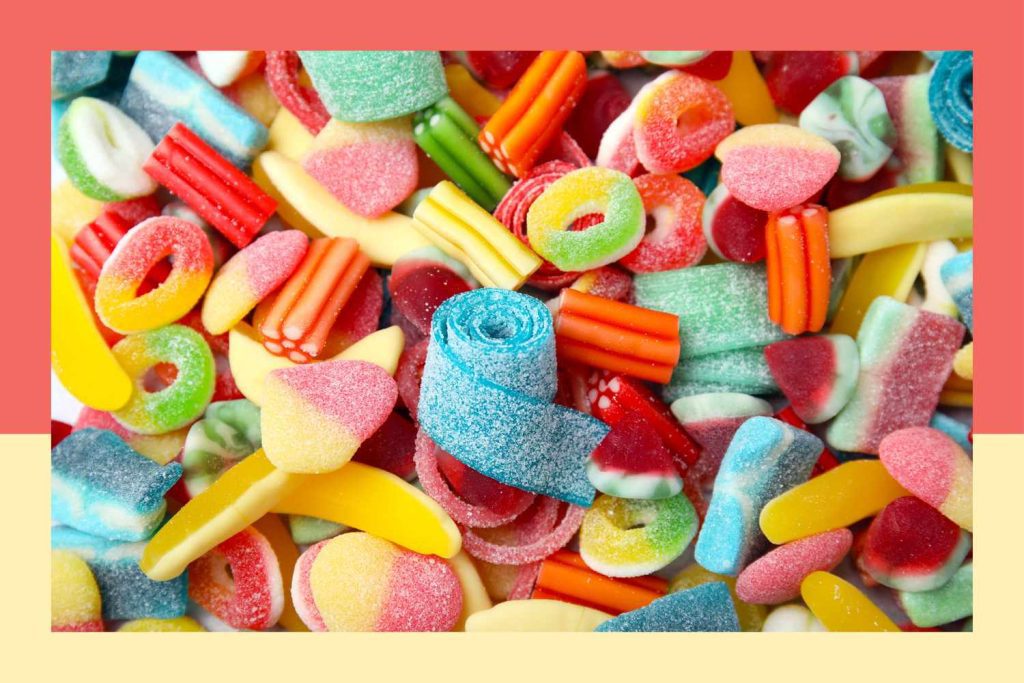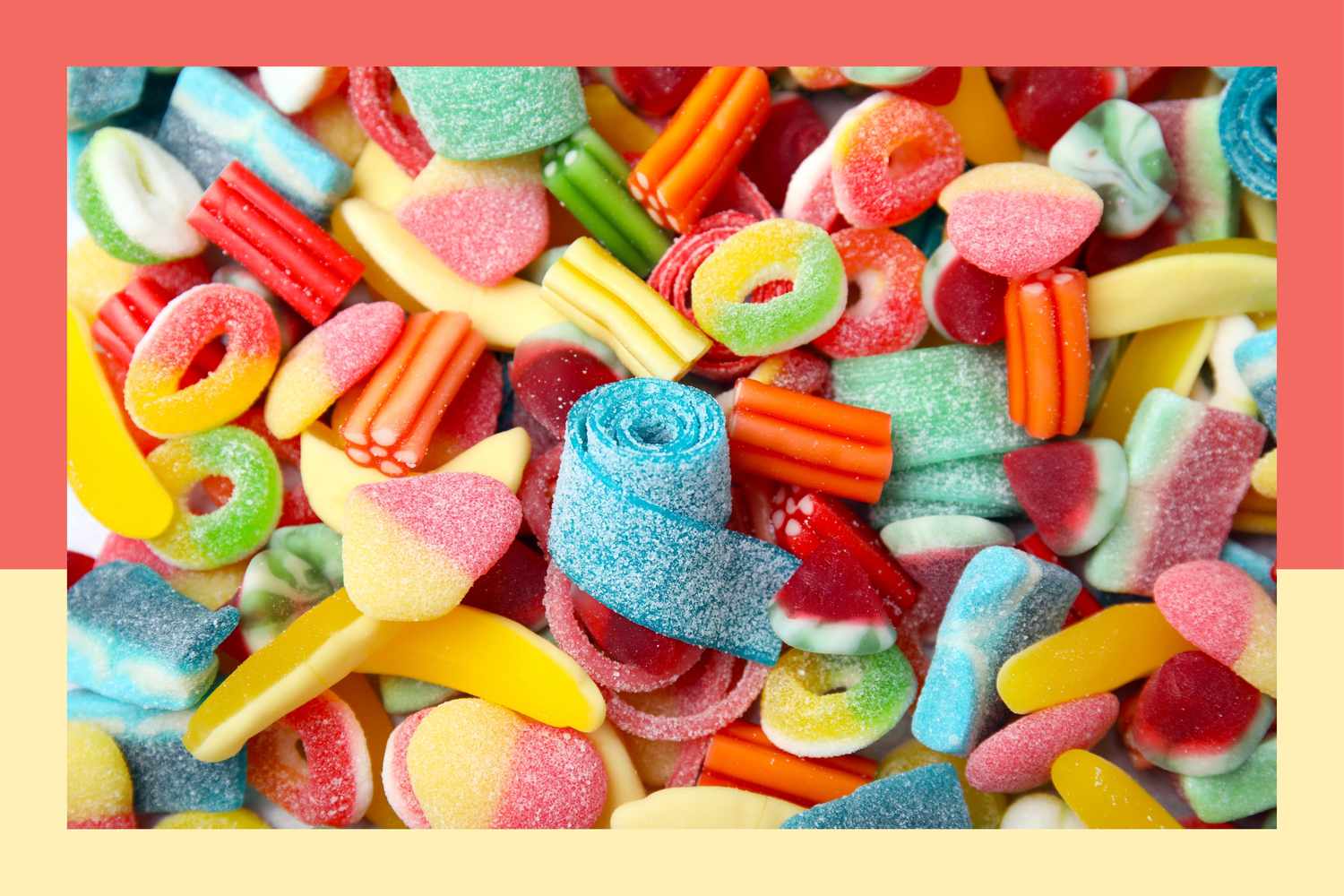RFK Jr. plans to phase out synthetic food dyes, targeting common additives in candy and cereals. Learn how this move aims to improve food safety and tackle chronic disease.

A Bold Move for Food Safety
Health and Human Services Secretary Robert F. Kennedy Jr. announced a major step toward improving the nation’s food supply on Tuesday. In a press conference, Kennedy revealed his agency’s plan to phase out synthetic food dyes as part of a broader strategy to reduce chemical exposure and tackle chronic disease.
“We’re going to get rid of the dyes and then, one by one, every ingredient and additive we can legally address,” Kennedy stated. This approach aims to eliminate harmful synthetic colorants found in everyday foods like candy, cereals, and processed snacks.
FDA Steps Up to Support the Initiative
The Food and Drug Administration (FDA), led by FDA Commissioner Marty Makary, has announced a series of actions to support this initiative. The agency plans to work with the food industry to voluntarily phase out six commonly used synthetic dyes by the end of next year.
Additionally, the FDA will begin the process of banning Citrus Red No. 2 and Orange B, while encouraging companies to accelerate the removal of the previously banned Red No. 3.
“For the last 50 years, American children have been living in a toxic soup of synthetic chemicals,” said Makary, referencing studies that link synthetic dyes to ADHD and other neurological issues. “Taking petroleum-based food dyes out of the food supply is not a silver bullet, but it’s an important step in the right direction.”
FDA Steps Up to Support the Initiative
Kennedy acknowledged that while there is no strict mandate for the phase-out, some food companies have already signaled their willingness to cooperate. He noted that several states have passed their own regulations banning certain ingredients, creating a patchwork of standards that the industry wants to avoid.
“They want clear guidelines,” Kennedy said, emphasizing the need for a unified approach at the national level.
However, the Consumer Brands Association (CBA), representing U.S. packaged food manufacturers, pushed back against the move. Melissa Hockstad, the association’s president and CEO, defended the industry’s current ingredients.
“The ingredients used in America’s food supply have been rigorously studied and demonstrated to be safe,” Hockstad said in a statement, highlighting the extensive testing that these additives have undergone.
What’s Next for Synthetic Food Dye Regulations?
As the FDA and health officials push for cleaner food standards, the road ahead is likely to involve intense discussions with the powerful food industry. The question remains: will this initiative lead to a broader transformation of America’s food landscape, or will industry resistance slow the pace of change?
Regulatory Landscape:
RFK Jr. is pushing for stronger government intervention, urging the FDA to take action and implement more stringent regulations. The debate continues to unfold, with both sides making their case for what they believe is best for public health.
Conclusion:
As the battle over synthetic food dyes intensifies, RFK Jr.’s advocacy continues to make waves, drawing attention to a growing concern about the long-term effects of food additives. The outcome could significantly shape future food policy.














Comments are closed.